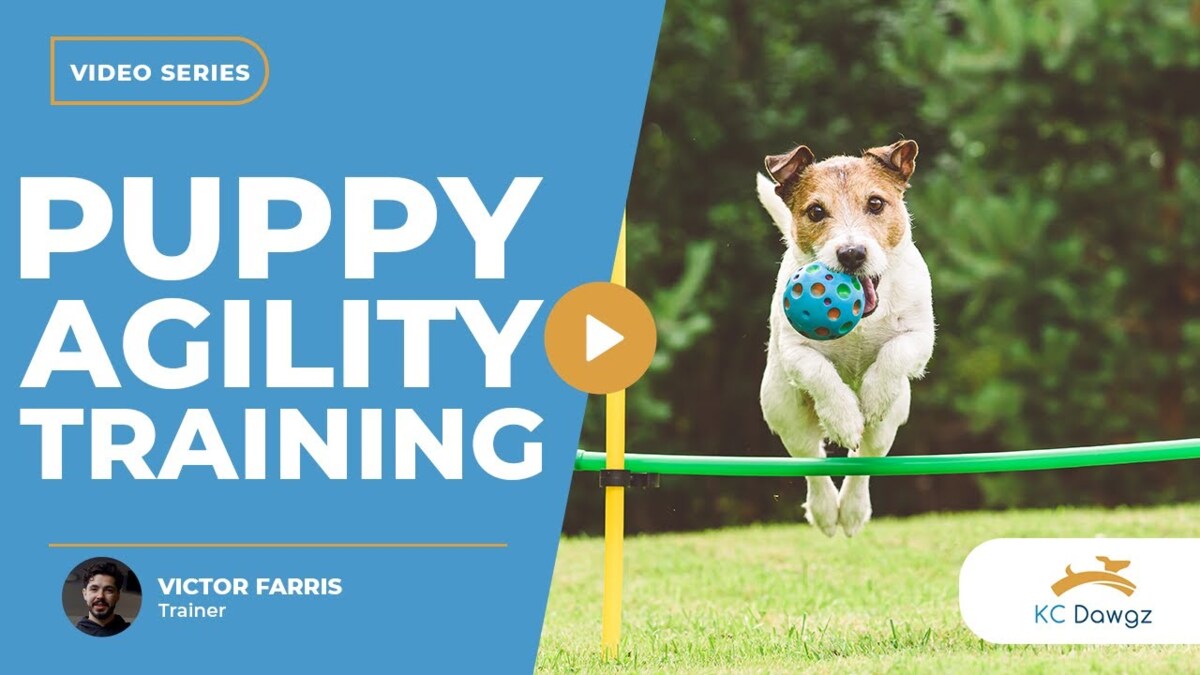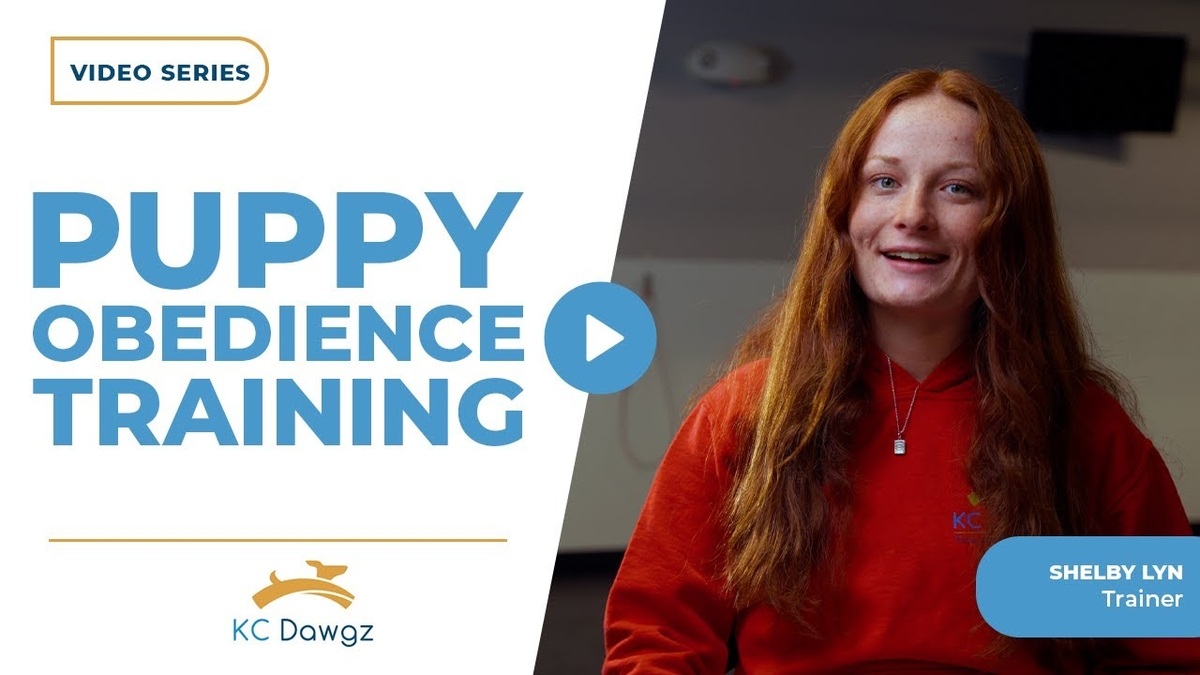Puppies start learning the moment they arrive in your home. Whether it’s figuring out where to go potty or how to respond to your voice, every interaction teaches them something. That’s why early training matters. The sooner you start training your puppy, the easier it is to shape good habits and avoid bad ones.
In this guide, we’ll walk through what to focus on during those first days and weeks. From crate training and potty routines to basic commands and socialization, you’ll learn how to set a strong foundation for your puppy’s behavior and confidence.
The First Week: Building the Basics
When your puppy comes home, their world changes dramatically. To help them adjust, focus on two key areas during the first week: potty training and crate training.
Potty and Crate Training
1. Set a Potty Routine
Puppies thrive on consistency. Establish a strict potty schedule immediately, taking them outside frequently, especially after meals, naps, and playtime. A reliable routine will minimize accidents and teach your puppy where to do their business.
2. Introduce the Crate
Crate training is essential for your puppy’s safety and your peace of mind. It provides them with a secure place to rest while allowing you to step away without worry. Puppies need downtime, and the crate helps them relax and recharge.
Pro Tip: Start with short periods in the crate, gradually increasing the time as they grow more comfortable.
Skills and Commands: The Next Focus
Once your puppy has settled in, it’s time to introduce foundational skills and commands. These early lessons will stick with them for life.
Socialization and Positivity
Expose your puppy to new experiences in a controlled and positive way. For example:
- Have guests over to show that visitors are friendly.
- Introduce them to common household noises like the vacuum.
- Use treats or toys to create positive associations with new sights and sounds.
Basic Commands
Start teaching commands like “sit,” “stay,” and “come” using positive reinforcement. Keep sessions short and fun to maintain your puppy’s attention.
The Importance of Routine
Consistency is key to successful training. Stick to a strict routine that combines potty breaks, crate time, and training sessions. This structure not only accelerates learning but also helps reduce stress for both you and your puppy.
Tips for Routine Success
- Use consistent commands and rewards during training.
- Set regular feeding and potty schedules to reinforce good habits.
- Gradually adjust routines as your puppy grows.
When to Move to the Next Stage
Training is a gradual process, and moving too quickly can overwhelm your puppy. Milestones will help you know when it’s time to progress.
Signs Your Puppy is Ready
- They’re consistently successful with their current training goals (e.g., few to no potty accidents, responding to basic commands).
- They’re comfortable in new environments, such as the driveway or a quiet park.
Start with simple changes, like practicing commands in new settings, and build on these wins over time.
Adapting to Your Puppy’s Needs
No two puppies are the same, and their preferences and motivators can vary greatly. Observing and adapting to your puppy’s unique personality will help you succeed.
Finding What Motivates Your Puppy
- Some puppies respond best to treats.
- Others are motivated by playtime or praise.
- Test different rewards to find what works for your pup, and use this to guide your training.
Changing as They Age
As your puppy matures, their needs will shift. For example, a young puppy might need a treat to sit, but as they grow, verbal praise or a quick game might suffice.
Markers like “good” or “yes” can help shape behaviors and allow for more flexibility in your training methods as your puppy ages.
Different Training Styles
Not every approach will work for every puppy, so it’s important to be flexible. Experiment with various techniques and adjust as needed. Whether it’s focusing on positive reinforcement or trying new routines, staying open-minded will set both you and your puppy up for success.
In Summary
Start training your puppy as soon as they come home, and you’ll set the stage for a rewarding journey. By focusing on essentials like potty training, crate training, socialization, and basic commands, you’ll build a strong foundation for their lifelong success. Remember, every puppy is unique, so adapt your approach to their personality and progress at a pace that works for them.
If you’re feeling unsure about how to start training your puppy or need expert support, contact us at KC Dawgz. Our professional puppy training services are designed to help you and your furry friend thrive every step of the way.




